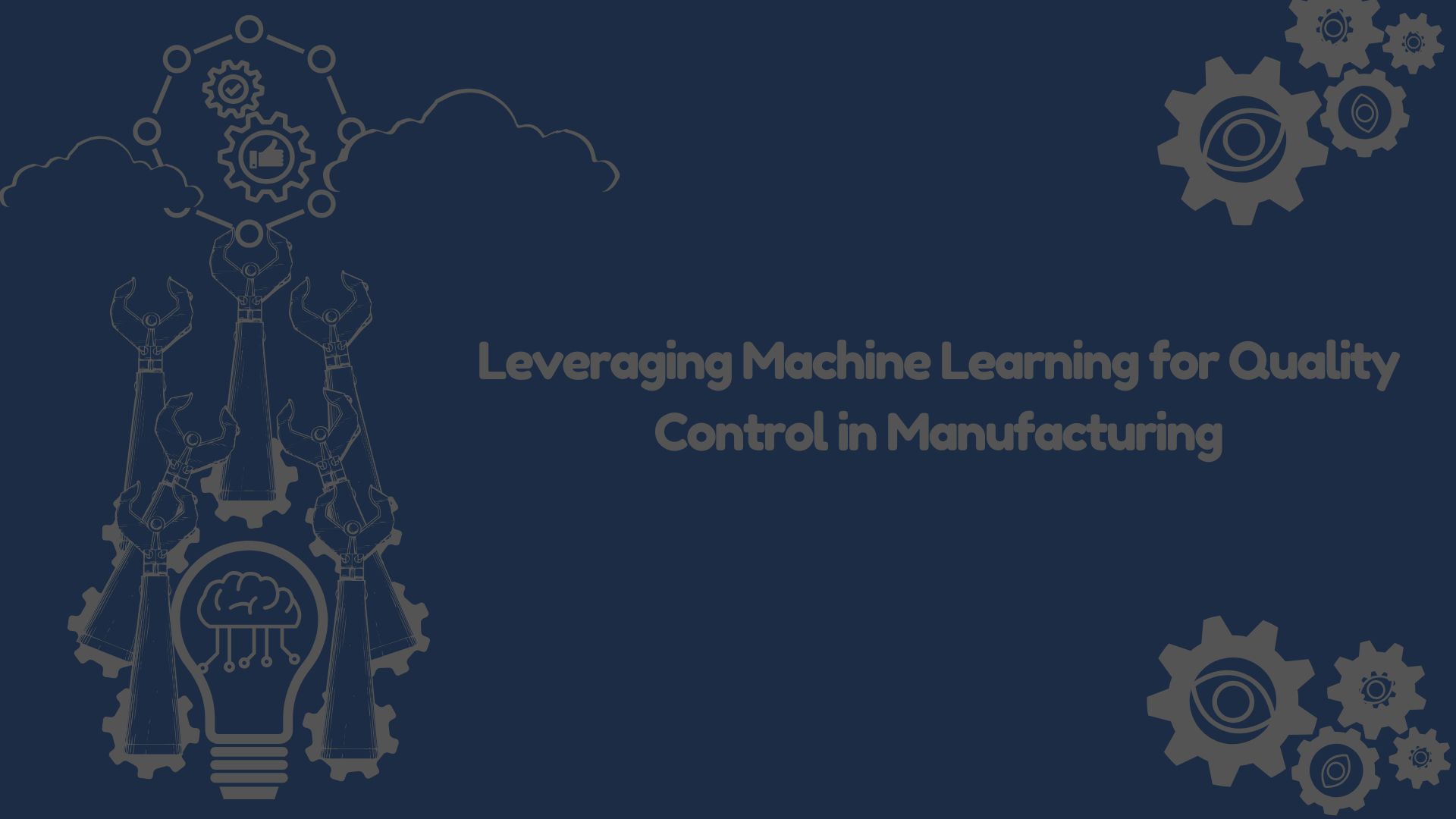Machine learning is revolutionizing quality control in manufacturing by providing real-time insights and automating defect detection. This technology enhances precision, reduces waste, and ensures consistent product quality, leading to increased customer satisfaction and reduced costs.
Benefits of Machine Learning in Quality Control
- Enhanced Defect Detection: Machine learning algorithms analyze production data to identify defects with high accuracy, reducing the chances of faulty products reaching customers.
- Real-Time Monitoring: Machine learning systems provide real-time monitoring of production processes, enabling immediate corrective actions to maintain quality standards.
- Predictive Maintenance: By analyzing machine performance data, machine learning predicts equipment failures before they occur, reducing downtime and maintenance costs.
- Process Optimization: Machine learning identifies patterns in production data that suggest opportunities for process improvements, enhancing overall efficiency.
- Cost Reduction: Improved quality control reduces the costs associated with rework, scrap, and warranty claims.
Applications of Machine Learning in Quality Control
- Automated Visual Inspection: Machine learning algorithms analyze images of products to detect defects that are difficult for human inspectors to identify, ensuring higher accuracy.
- Anomaly Detection: Machine learning models detect anomalies in production data that indicate potential quality issues, allowing for timely interventions.
- Root Cause Analysis: Machine learning helps identify the root causes of defects by analyzing complex data sets, enabling targeted improvements.
- Process Control: Machine learning systems monitor and control production processes, ensuring they remain within specified quality parameters.
- Supply Chain Quality Management: Machine learning assesses the quality of incoming materials from suppliers, ensuring they meet required standards.
Case Studies
- Siemens: Siemens uses machine learning for real-time quality control in its manufacturing processes, resulting in higher product quality and reduced waste.
- BMW: BMW employs machine learning algorithms for automated visual inspection of its vehicles, enhancing defect detection and improving production efficiency.
- GE Healthcare: GE Healthcare leverages machine learning to monitor the quality of its medical devices, ensuring they meet stringent regulatory standards and customer expectations.









